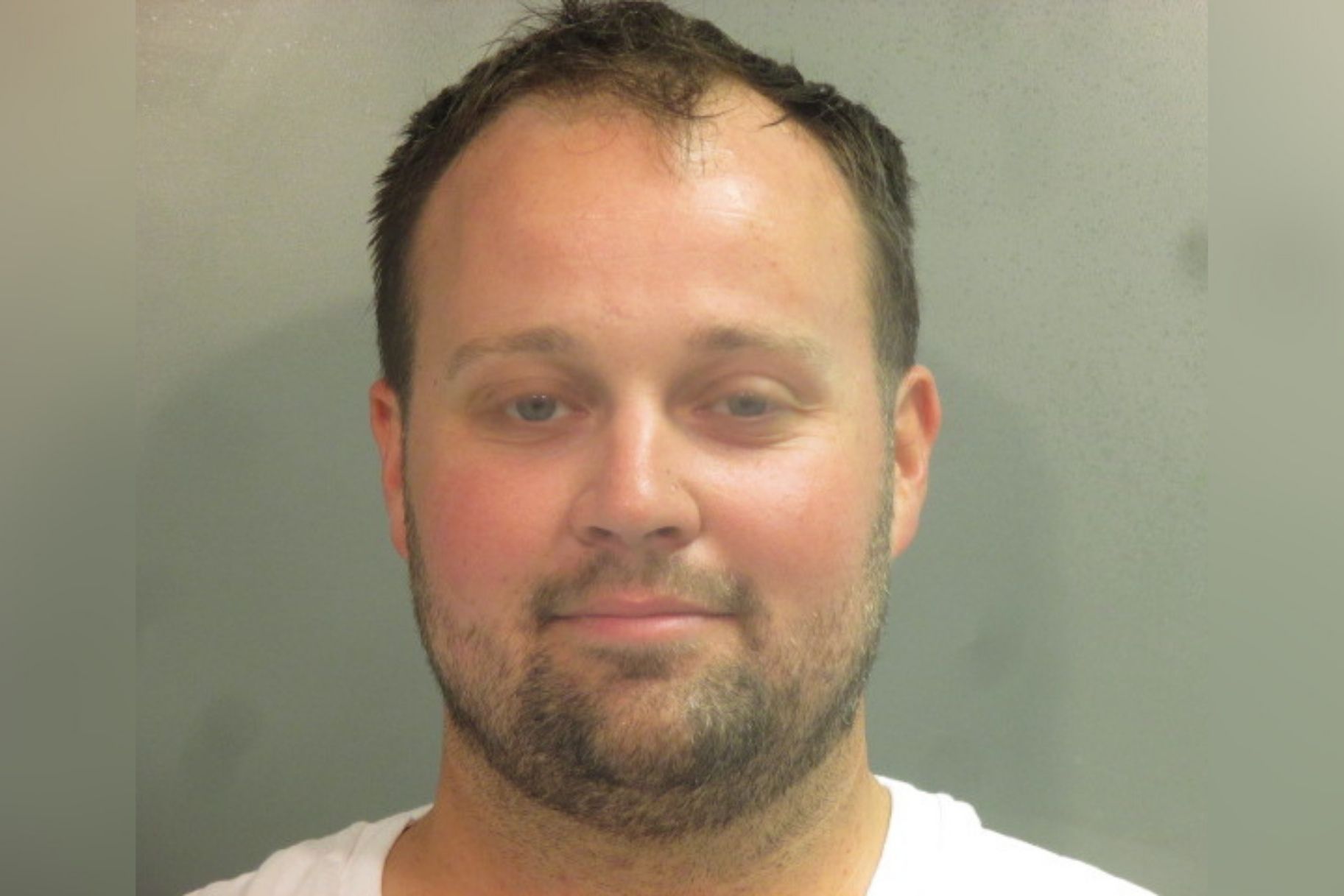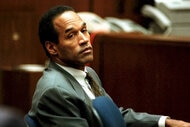Create a free profile to get unlimited access to exclusive videos, breaking news, sweepstakes, and more!
Judge Denies Motions By Josh Duggar's Lawyers To Toss Video Evidence
Duggar's defense team wanted to suppress video evidence allegedly found on Josh Duggar's electronic devices, but they'll be allowed at trial, according to a judge.

As the child pornography trial of former reality TV star Josh Duggar looms on the horizon, a federal judge has denied motions to suppress video evidence allegedly found on the accused’s electronic devices.
On Monday, U.S. District Judge Timothy L. Brooks ruled in favor of the prosecution and stated a hearing on the issue wasn’t warranted, according to the Arkansas Democrat Gazette. The ruling comes on the heels of last month’s decisions in which the judge denied four of the defense’s previous motions to suppress evidence and have charges against Duggar dropped.
Monday’s decision to allow the video evidence was the fifth and final ruling on the defense's pre-trial motions.
“In Mr. Duggar’s case, he has not shown that federal agents acted with reckless disregard for proper procedure. And he certainly has not shown that the agents acted in bad faith,” said Judge Brooks, according to the Gazette. “Moreover, Mr. Duggar cannot show he was prejudiced by any delay; the devices remained in law enforcement’s safekeeping throughout this time period, and the probable cause warranting the initial seizure of the devices remained viable through the date of indictment.”
Duggar’s defense addressed the length of time it took for the government to examine the evidence, which they said caused the case to become “stale.” Brooks contended that unlike evidence in other crimes, child pornography doesn’t grow stale, according to the Gazette. He further explained there was no time limit pursuant to a search warrant for the off-site review of evidence.
The defense also disputed that a magistrate judge based the to issue a search warrant on false information provided by federal agents, arguing over whether an alleged video on Duggar’s electronic devices was completely downloaded. Despite this, Brooks squashed the motion, saying there was enough evidence to determine child pornography was present in the incomplete video. Brooks also cited a second video, which, according to him, was more than enough to establish probable cause in support of the search warrant.
The motion to suppress video evidence was the most recent of several defense motions that have been characterized by the federal prosecution as merely stall tactics and fishing expeditions. Other motions included: one seeking to move the trial into 2022; a motion requiring more information about the arresting officers; one attempting to have the case dismissed because former President Donald Trump "unlawfully" appointed Homeland Security officials; and one suppressing photos of Duggar’s hands.
Duggar, 33, is best known for his role in TLC’s former TV series, "19 Kids and Counting." He was arrested in April and pleaded not guilty to charges of receiving and possessing child pornography after Homeland Security agents raided his place of work in November 2019, as previously reported. Homeland Security Agent Gerald Faulkner testified at Duggar’s bond hearing, describing the images and videos allegedly found in Duggar’s possession as “the worst of the worst.”
Duggar’s trial is expected to begin on Nov. 30. He faces up to 20 years in prison if convicted.
























